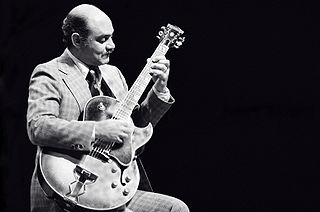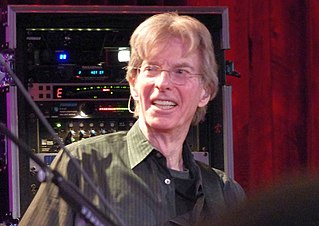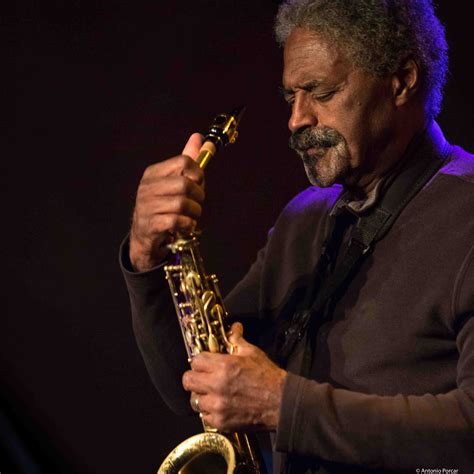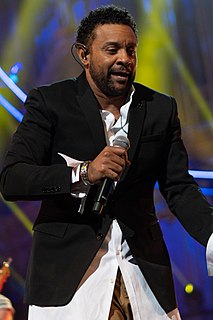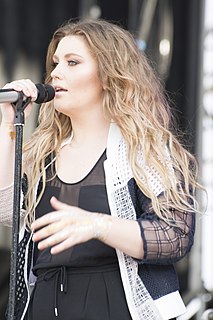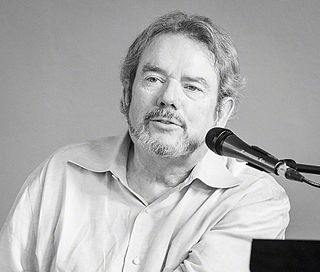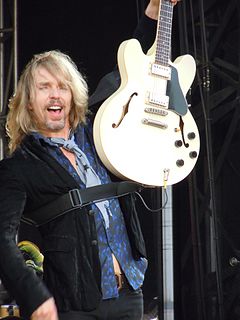A Quote by Allan Holdsworth
I knew if I wanted to improvise over chord changes, I'd have to figure out all the scales that went with all those chords.
Related Quotes
My father would say, 'Play a scale,' and I'd play one and he'd say, 'What about the rest? There must be one above,' so we'd figure them out. I'd start the scale on the root of the chord and I'd go as far as my hand would reach without going out of position, say, five frets, and then I'd go all the way back. So when ! practised I'd start right away on scales. As well as the usual ones, I'd play whole tone scales, diminished, dominant sevenths, and chromatic scales. Every chord form, all the way up, and this took an hour.
... We borrowed it all from Coltrane. I started encouraging everybody in the band to listen to John Coltrane - 'Check it out, see what these guys do.' They take one chord, the tonic chord, and just play all over it. 'We can do that too!' I wanted to make our music something really amazing - I wanted it to be jaw-dropping and turn on a dime and do all of those things that I knew music could do, and nobody told us we couldn't do it. I shouldn't say 'I,' though - Jerry Garcia was behind it the whole way.
I met the pianist Barry Harris when I was about fifteen. He would show me changes, which I had no idea existed. I knew about scales, but I didn't think about chords. I was fortunate in that he lived right around the corner so I'd be at his house almost every day and he showed me about playing melodies over chords. After about three years, I could play some gigs. I worked with drummer Roy Brooks and other guys my age at that time, like trumpeter Lonnie Hillyer. Some of the older guys were Paul Chambers, Doug Watkins and Louis Hayes
I knew from the start that I wanted my life to be about music. I taught myself the notes of the piano aged three, and then I spent the next few years deconstructing chords to figure out how to play them. At 11, I researched online the sort of music school I wanted to attend, printed out the details, and handed them to my parents.
Even if chords are simple, they should rub. They should have dissonances in them. I've always used a lot of alternate bass lines, suspensions, widely spaced voicings. Dfferent textures to get very warm chords. Sometimes you're setting up strange chords by placing a chord in front of it that's going to set it off like a diamond in a gold band. It's not just finding interesting chords, it's how you sequence them, like stringing together pearls on a string. ... Interesting chords will compel interesting melodies. It's very hard to write a boring melody to an interesting chord sequence.
Instead of thinking in terms of chords, I think of voice-leading; that is, melody line and bass line, and where the bass line goes. If you do that, you'll have the right chord. [These voices] will give you some alternatives, and you can play those different alternatives to hear which one suits your ear. Keep the bass line moving so you don't stay in one spot: if you have an interesting bass line and you roll it against the melody, the chords are going to come out right.

